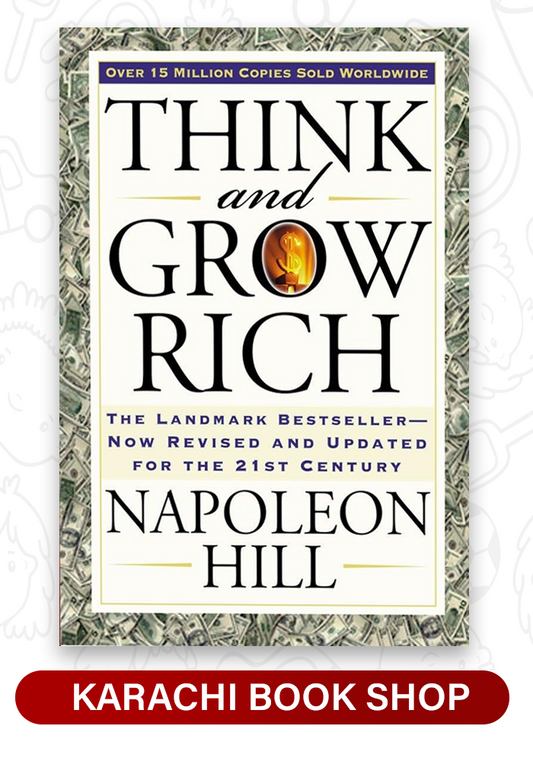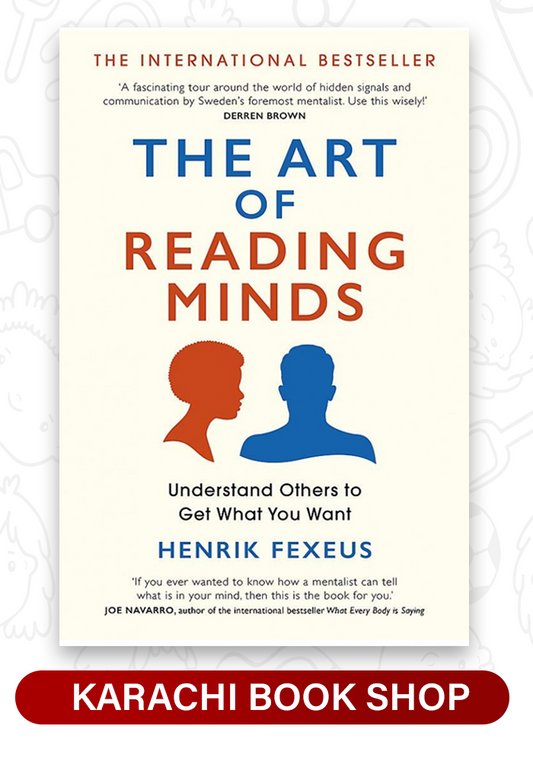Painting In Pakistan

In writing Painting in Pakistan, Ijaz ul Hassan has, in effect, painted a canvas that stretches from the days of the British raj to contemporary Pakistan. On this canvas are represented the significant art movements as well as painters associated with them.
With history as his backdrop, the writer traces the development of painting in the Subcontinent through a study of Buddhist, pala, Gujerati, Mughal, punjabpahari and Sikh schools. In a way, these schools were instrumental in helping painters in their search for identity, in an environment of alienation created during the colonial period.
With the creation of Pakistan in 1947, the post-independence painters felt freer to explore new sensibilities. Highly individualistic styles, expressive of the artists’ o,wn ethos, were suddenly seen on canvases. At the same time, certain painters continued their pursuit of reality with a keen sensitivity to light and tone. And then there were artists who became critical commentators of the human condition.
Though admitting his preference for “reality” in art, Ijaz ul Hassan does full justice to the works of all contemporary artists. Written and research over a period of 20 years, Painting in Pakistanis the first – and only – publication of its kind. It not only gives an overview but also insights into the works of our painters. As an academic, a writer on art, and as an artist, Ijaz ul Hassan approaches his subject with a great deal of krwwledge and understanding. Moreover, with the inclusion of 106colour plates and 49 monochrome
“reproductions, the book amply and richly illustrates the themes explored by Ijaz ul Hassan in this elegantly written book.
For all orders exceeding a value of 100USD shipping is offered for free.
Returns will be accepted for up to 10 days of Customer’s receipt or tracking number on unworn items. You, as a Customer, are obliged to inform us via email before you return the item.
Otherwise, standard shipping charges apply. Check out our delivery Terms & Conditions for more details.
Returns will be accepted for up to 10 days of Customer’s receipt or tracking number on unworn items. You, as a Customer, are obliged to inform us via email before you return the item, only in the case of:
– Received the wrong item.
– Item arrived not as expected (ie. damaged packaging).
– Item had defects.
– Over delivery time.
– The shipper does not allow the goods to be inspected before payment.
The returned product(s) must be in the original packaging, safety wrapped, undamaged and unworn. This means that the item(s) must be safely packed in a carton box for protection during transport, possibly the same carton used to ship to you as a customer.
People Also Bought
Here’s some of our most similar products people are buying. Click to discover trending style.






